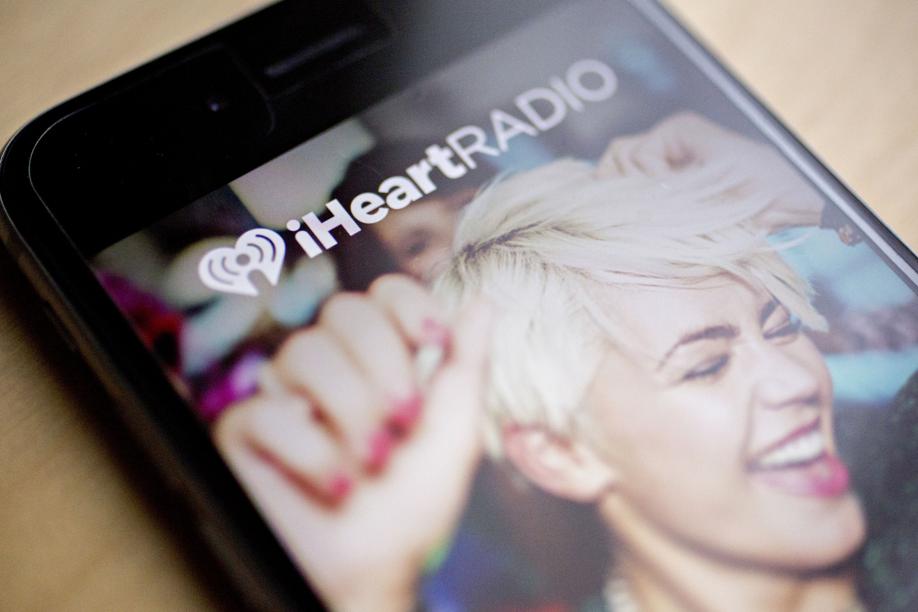
Call it a tale of two bankruptcies.
IHeartMedia and Toys R Us are two old-economy businesses with leading positions in their respective industries, as well as billions of debt largely due to private equity ownership, and Boston investment firm Bain Capital had a stake in both of them.
That debt eventually brought both companies to bankruptcy court for relief. But their paths diverged this week. IHeart, the country’s No. 1 radio station operator, entered an orderly restructuring, with no immediate changes expected. Toys R Us, meanwhile, moved to liquidate its US stores.
IHeart’s debt levels totaled more than $20 billion, about four times what Toys R Us owed to creditors when it initially filed for Chapter 11 bankruptcy protection. But iHeart continued to have a strong cash flow, while Toys R Us said it expected to run out of money in two months.
“The basic problem with iHeart...is that they just had too much debt for their earning capacity,’’ said Ben Branch, a recently retired professor at UMass Amherst’s Isenberg School of Management. “Once you got rid of the debt, the rest of what’s left can be profitable. Toys R Us was not in that situation.’’
Both bankruptcies can be traced to massive private equity deals known as leveraged buyouts, which involved large amounts of debt. They were inked before the credit markets crashed in the Great Recession.
Private equity firms Bain and KKR & Co., along with real estate investor Vornado Realty Trust, acquired the Toys R Us chain in 2005, in a deal valued at $7.5 billion. The retailer in September 2017 sought bankruptcy protection as a way to free itself from the burden imposed by the nearly $5 billion in debt it carried at the time.
But the past holiday season proved to be disastrous for the Wayne, N.J., retailer. The bankruptcy interfered with its supply chain and rival retailers such as Target and Amazon underpriced the company. Toys R Us began burning through cash at a rate of $50 million to $100 million a month.
The company notified its 30,000 US employees this week that it planned to close all 735 remaining US stores and that it had hired liquidation firms to sell off the inventory. The company did offer the possibility that as many as 200 of its strongest US stores could be packaged with its Canadian operations in a sale, possibly allowing the storied brand to survive in some form.
The news out of Toys R Us headquarters sounded dire. But iHeart, in announcing its Chapter 11 filing this week, essentially said it would be business as usual. Bob Pittman, the CEO of the San Antonio company, called the filing “a significant accomplishment’’ that will reduce iHeart’s debt by more than $10 billion.
A spokeswoman said iHeart has no plans to sell any of its roughly 850 radio stations across the country — including a number of prominent stations in Boston — as a result of the bankruptcy process.
Bain and another Boston private equity firm, Thomas H. Lee Partners, acquired a majority stake in iHeart, then called Clear Channel Communications, in 2008 in a deal valued at nearly $24 billion. Most of the company’s $20-billion-plus in debt dates back to that deal. (Clear Channel’s billboard business is not part of the bankruptcy.)
Bain and TH Lee are expected to hold a roughly 10 percent stake in iHeart, as part of an agreement negotiated with lenders, after the company emerges from bankruptcy. The investment firms are also expected to break even on their initial investment, in large part because they bought some of iHeart’s debt at a discounted rate.
The company had been making about $1.8 billion a year in debt payments. Mark Williams, a finance lecturer at Boston University, said paring that back should free up iHeart management to invest more in its operations.
“Taking half that debt away will increase the viability of this company,’’ Williams said. “The bankruptcy is a reset button for iHeart. It allows them to partially undo a bad decision that was made by the leveraged buyout folks, Bain and Thomas Lee, when they paid too much for iHeart and lopped on too much debt.’’
The bankruptcy comes at a time of tumult for Boston’s radio market. A number of local stations changed hands recently as a result of Entercom’s merger with CBS Radio. The two companies needed to divest some stations to secure regulatory approval for the merger.
After the dust settled in Boston, iHeart picked up WBZ-AM and WZLX-FM from CBS Radio, as well as WKAF-FM and WRKO-AM from Entercom. In Boston, iHeart also owns WXKS-FM (Kiss 108), WJMN-FM (JAM’N 94.5), WXKS-AM (Talk 1200), and WBWL-FM (101.7 The Bull).
Jack Casey, general manager at Emerson College’s WERS station, said iHeart has not been the best steward for the stations. He said he’s hopeful that some will be eventually sold off and returned to local ownership.
“The people who are on the air and are programmers have been multitasking for years,’’ Casey said. “It’s been a difficult time for most of them because they realize that every year, there’s going to be another staff reduction, and they all wonder if they’re going to be caught in the crosshairs.’’
Jon Chesto can be reached at jon.chesto@globe.com. Follow him on Twitter @jonchesto.



